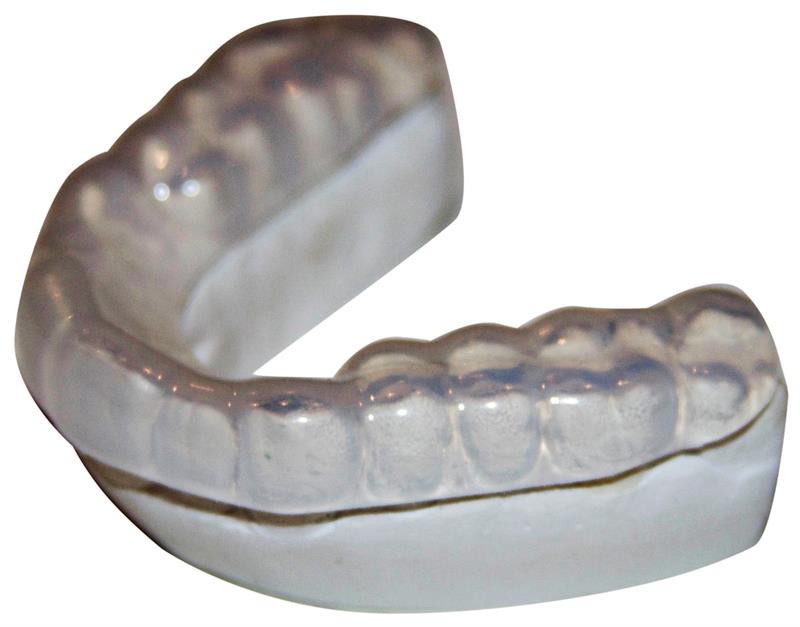Tooth Extraction Aftercare: Prevent Halitosis
Following a tooth extraction, patients often focus on managing pain and facilitating healing. However, an important aspect of the recovery process that can sometimes be overlooked is the prevention of halitosis, or bad breath. Halitosis can be a source of significant distress and embarrassment for individuals, especially during social interactions. Understanding the reasons behind post-extraction halitosis and learning how to prevent it is crucial for maintaining oral health and personal confidence.
Immediate Post-Extraction Phase
In the immediate aftermath of a tooth extraction, the mouth is more susceptible to bacteria accumulation due to the surgical wound. The extraction site can serve as a haven for bacteria, leading to potential infections and, as a consequence, halitosis. It’s essential to follow the dentist’s instructions meticulously to ensure the extraction site heals properly and remains clean.
Oral Hygiene Adjustments
Modifying oral hygiene practices post-extraction is vital. Patients are typically advised to avoid brushing the extraction site directly for the first 24 hours. However, gentle brushing of the surrounding teeth with a soft-bristled toothbrush and mild toothpaste can help reduce bacterial load. Additionally, rinsing the mouth with salt water (1⁄2 teaspoon of salt in 8 ounces of warm water) several times a day can promote healing and freshness.
Dietary Considerations
The foods and drinks consumed after a tooth extraction can significantly impact oral freshness. It’s recommended to stick to a soft-food diet for a few days to avoid irritating the extraction site. Cold foods and liquids can help reduce swelling, and opting for bland, easy-to-chew foods can minimize discomfort. Avoiding spicy, acidic, or sharp foods that could irritate the site or cause bleeding is also advisable.
Maintaining a Hydrated Mouth
Dry mouth can exacerbate halitosis by allowing bacteria to accumulate more easily. Staying hydrated by drinking plenty of water is crucial. Chewing sugar-free gum can also stimulate saliva production, helping to keep the mouth moist and clean. Saliva plays a significant role in washing away bacteria and food particles, thereby reducing the risk of bad breath.
Regular Follow-Up
Scheduling and attending follow-up appointments with the dentist is crucial for monitoring the healing process and addressing any potential issues early on. The dentist can provide personalized advice on aftercare, including tips on preventing halitosis, based on the individual’s specific healing progress.
Addressing Underlying Conditions
In some cases, halitosis post-tooth extraction might be a sign of an underlying condition that needs medical attention. For instance, persistent bad breath could indicate an infection, dry socket, or another oral health issue. If bad breath persists despite good oral hygiene and aftercare, it’s essential to consult with the dentist to rule out any complications.
It's worth noting that while preventing halitosis is important, it should not overshadow the importance of proper wound healing and infection prevention. Always prioritize the specific instructions given by your healthcare provider regarding post-extraction care.
Step-by-Step Guide to Preventing Halitosis
- Gentle Oral Care: Follow a gentle oral hygiene routine, avoiding the extraction site for the first 24 hours, then gradually incorporating it back into your brushing routine as advised by your dentist.
- Stay Hydrated: Drink plenty of water to keep your mouth moist and help prevent dry mouth.
- Monitor Your Diet: Eat a balanced, soft-food diet that is easy on your mouth and avoids irritating the extraction site.
- Regular Rinsing: Rinse your mouth with salt water several times a day to reduce bacteria and promote healing.
- Attend Follow-Ups: Keep all scheduled follow-up appointments with your dentist to ensure you’re healing properly and address any concerns or issues promptly.
FAQ Section
How long after a tooth extraction can I expect bad breath to last?
+Bad breath after a tooth extraction is typically temporary and should improve as the site heals, usually within a few days to a week. However, this can vary based on individual healing and oral hygiene practices.
Can I use mouthwash after a tooth extraction to prevent halitosis?
+It's generally recommended to avoid using mouthwash in the first 24 hours after extraction unless specifically advised by your dentist. After this period, a mild, alcohol-free mouthwash can be used gently to help keep the mouth clean and fresh.
Are there any specific foods that can help prevent bad breath after a tooth extraction?
+Foods high in fiber, such as fresh fruits and vegetables, can help keep your mouth clean by stimulating saliva production. Yogurt with live cultures can also help maintain a healthy balance of oral bacteria, reducing the risk of halitosis.
By understanding the causes of halitosis after a tooth extraction and implementing the right preventive measures, individuals can not only ensure a smoother recovery but also maintain their oral health and confidence. Remember, good oral hygiene, a balanced diet, and regular dental check-ups are key to preventing bad breath and ensuring overall well-being.


